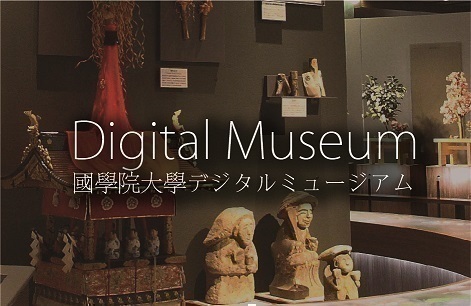- トップ
- Encyclopedia of Shinto
- Reisai
Encyclopedia of Shinto
| Main Menu: | |
| Links: |
詳細表示 (Complete Article)
| カテゴリー1: | 5. Rites and Festivals |
|---|---|
| カテゴリー2: | Shrine Rituals |
| Title | Reisai |
| Text | The annual ‘major festival' (taisai) of a shrine, held on a day related either to the enshrined deity or the origin of the shrine. The term reisai is relatively recent. In ancient times this festival was distinguished from other rites held throughout the year by using the honorific terms ōmatsuri ('great festival') or onmatsuri, or by associating it directly with the name of the shrine, as in Kasuga-sai, Kamo-sa and Iwashimizu-sai. Occurrences of the term reisai in illustrated guidebooks of the Edo period indicate that use of the word was widespread by this time, such festivals being perceived as differing from others. Under the shrine system of the Meiji period, the kinensai, niinamesai and other rites were classified as taisai, and ceremonies in which emissaries (chokushi or heihaku kyōshinshi) made offerings were held at various shrines ranking from ‘government shrines' (kanpeisha) down to village shrines. Given that reisai are held on days that have a special connection to the enshrined deity or the origins of the shrine, the dates of their celebration cannot be changed without special reasons. The reisai of some of the most prominent shrines are: Kashihara Jingū (February 11), Kasuga Taisha (March 13), Katori Jingū (April 14), Heian Jingū (April 15), Ōmi Jingū (April 20), Izumo Taisha (May 14), Kamowake Ikazuchi Jinja and Kamo no Mioya Jinja (May 15), Atsuta Jingū (June 5), Hikawa Jinja (August 1), Kashima Jingū (September 1), Iwashimizu Hachimangū (September 15), and Meiji Jingū (November 3). The Grand Shrines of Ise do not have a designated reisai, but the kannamesai of October 17, with its close association with the enshrined deity, is probably its closest equivalent. Although the system of making offerings from public funds was abolished after the war, imperial emissaries still visit shrines on the occasion of the hōbeisai. Furthermore, the tradition is being continued by the Association of Shinto Shrines, which sends its own emissaries with offerings (honchōhei). The Association also attaches special importance to the dates designated for reisai, which cannot be changed without its approval. — Motegi Sadasumi |




